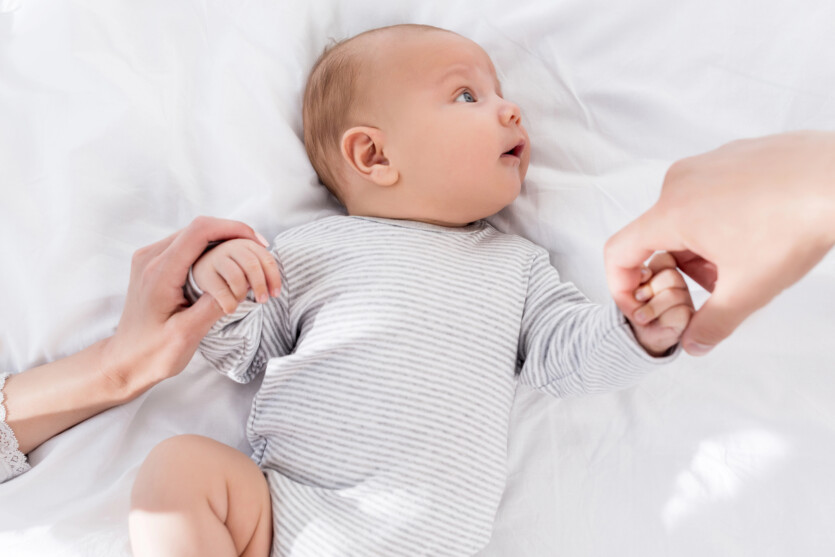
In the UK, the results of the world’s first clinical trial have been announced, in which 8 children were born to three parents using the in vitro fertilization.
It is important that this technology has made it possible to give birth to children who are completely free of the risk of developing genetic diseases. Now doctors hope, that women with mutations in the mitochondrial DNA also once will be able to have children without the risk of transmitting serious or fatal diseases to them hereditary diseases.
One in 5 thousand newborns in the world suffers from consequential diseases due to mutations in mitochondrial The mother’s DNA. These diseases are mostly incurable and manifest themselves in the form of visual impairment, diabetes, and muscle atrophy.
In 2015, the UK was the first country in the world to authorize the use of the in vitro fertilization, which involves a small amount of healthy mitochondrial DNA from the donor’s egg, as well as the mother’s eggs and the father’s sperm. Researchers deny that such babies are born from three parents, as only 0.1% of a newborn’s DNA comes from the donor.
From 22 women who were treated at the Newcastle Center for Reproductive Medicine, 8 children were born — four boys and four girls. Currently, their ages range from six months to 2 years.
According to the study, six children had the amount of mutated mitochondrial DNA causing the disease was reduced by 95-100%. In the other two children, this figure was lower — at 77-88%, which is also lower than the indicators capable of provoke the disease.
According to the researchers, eight children are currently healthy, although one of them was diagnosed with a heart rhythm disorder that was successfully treated. Their health will be monitored in the coming years to see if any problems arise.
Mitochondrial donation remains a highly controversial issue in the world. It has not been approved, for example, in the United States and France. It is also opposed by religious leaders because the procedure involves the destruction of human embryos. Many people fear that this will pave the way for the creation of genetically modified children.
Among the children under close supervision, there are three who showed signs of the so-called «reverse» process, which is still poorly understood This is a phenomenon in which the therapy initially allows to achieve the appearance of an embryo with a very small number of defective mitochondria, but at the time of birth the proportion of abnormal mitochondria in its cells increases significantly.
The results of the study are published in the journal New England Journal of Medicine
Source: Science Alert

Spelling error report
The following text will be sent to our editors: